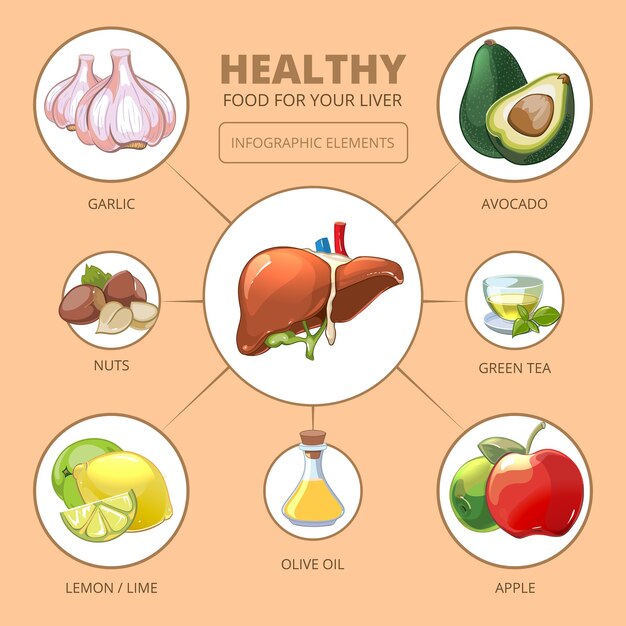Turkey Nutrition Facts

Turkey is a versatile protein source packed with essential nutrients.
Did you know that turkey is low in fat and high in protein?
Turkey is a great source of B vitamins like niacin and pyridoxine.
Including turkey in your diet can help support healthy muscle growth.
Turkey is an excellent source of selenium, an antioxidant that promotes immune health.
Eating turkey can help regulate blood sugar levels due to its low glycemic index.
Turkey is a good source of iron, which is essential for carrying oxygen to cells.
Turkey is a lean meat option that can help with weight management goals.
Turkey is a natural source of tryptophan, an amino acid that promotes better sleep.
Enjoying turkey in moderation can help improve cardiovascular health.
Turkey is rich in phosphorus, promoting healthy bone and teeth development.
Including turkey in your diet can help improve skin health due to its high zinc content.
Turkey is a potassium-rich option that supports healthy blood pressure levels.
Did you know that turkey is a complete protein, containing all essential amino acids?
Turkey is naturally gluten-free, making it a suitable option for those with gluten sensitivities.
Enjoying turkey can help support a healthy digestive system due to its high fiber content.
Turkey is a low-calorie option that can be a part of a balanced weight loss plan.
Including turkey in your diet can promote better brain function due to omega-3 fatty acids.
Turkey Nutrition Facts part 2
Turkey is a versatile ingredient that can be enjoyed in various recipes and cuisines.
Turkey is a satisfying food that can help curb hunger cravings and promote satiety.
Did you know that turkey meat contains immune-boosting nutrients like zinc and selenium?
Turkey is a nutrient-dense option that can help meet your daily nutritional needs.
Including turkey in your meals can help support a healthy metabolism.
Turkey is an excellent source of vitamin B6, which supports brain health and neurotransmitter function.
Turkey is a valuable protein source for vegetarians and vegans seeking alternative options.
Enjoying a delicious turkey sandwich can be a nutritious and convenient meal option.
Turkey is a low sodium option that can be enjoyed by those watching their salt intake.
Did you know that turkey contains powerful antioxidants that can help reduce inflammation?
Including turkey in your diet can help improve eye health due to its richness in vitamin A.
Turkey is an easily digestible meat option that can be enjoyed by individuals with digestive sensitivities.
Turkey is a budget-friendly protein source that offers great value for your money.
Turkey is a lean meat option that can help promote a healthy heart.
Did you know that turkey meat contains important minerals like magnesium and zinc?
Including turkey in your meals can help support a healthy immune system.
Turkey is a delicious substitute for higher fat meats like beef or pork.
Turkey is a high-quality protein option that can aid in muscle repair and recovery.
Turkey is a natural source of L-arginine, an amino acid that promotes blood vessel health.
Enjoying turkey can help regulate cholesterol levels due to its low cholesterol content.
Turkey is a nutrient-dense food that can be a part of a balanced meal plan for children.
Turkey is a filling option that can help maintain healthy blood sugar levels.
Did you know that turkey meat is an excellent source of folate, a nutrient important for prenatal health?
Including turkey in your diet can help support a healthy gut microbiome.
Turkey is a delicious protein option for individuals following a paleo or keto diet.
Turkey is a versatile ingredient that can be incorporated into breakfast, lunch, or dinner recipes.
Enjoying turkey can be a guilt-free indulgence, as it is low in saturated fat and calories.

